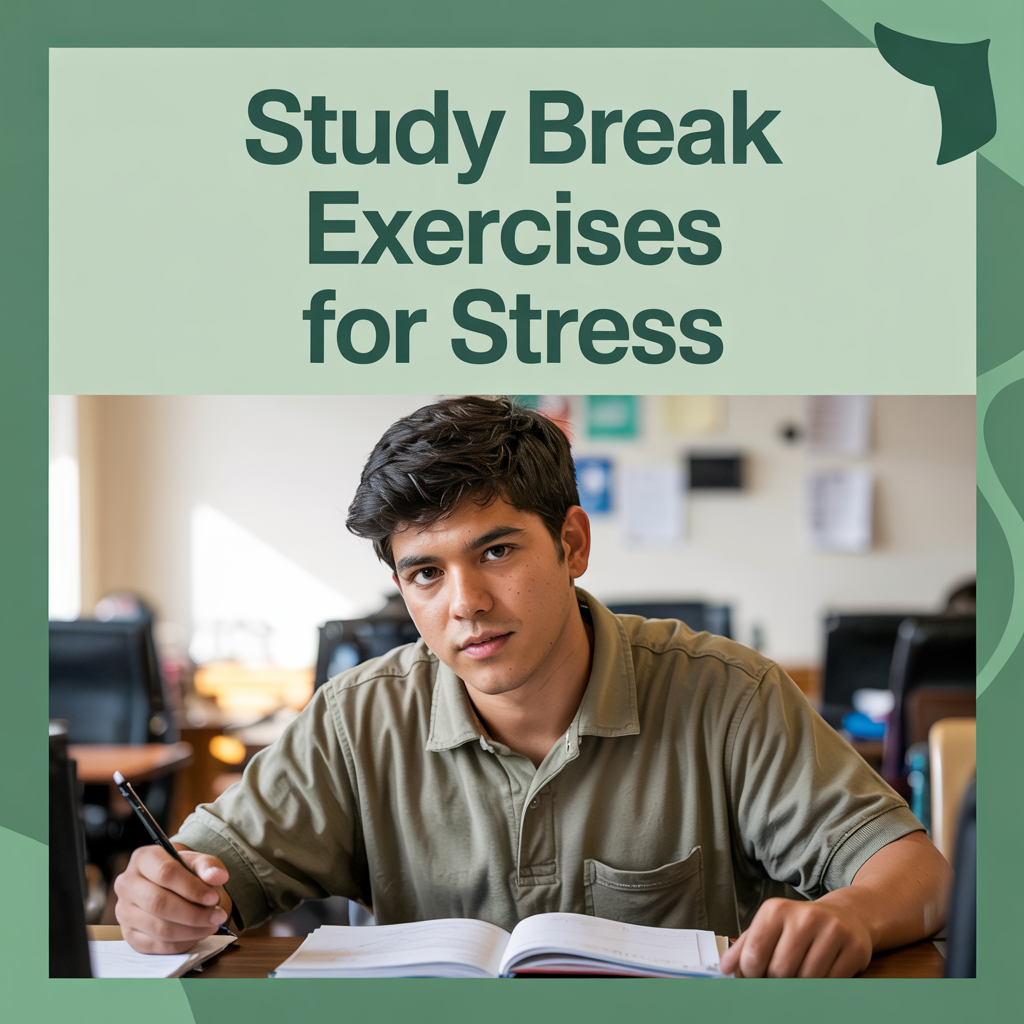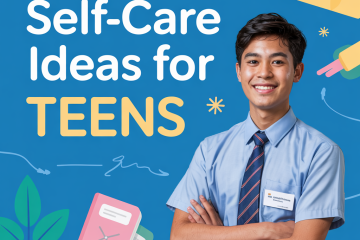Mindful Movement: Simple Exercises & Stretches to Reduce Stress During Study Breaks

Long study sessions can leave you feeling stiff, stressed, and mentally drained. Taking short breaks is essential — and adding simple movement can make those breaks even more effective. These quick study break exercises and easy desk stretches can help release physical tension, boost your energy, improve focus, and give you much-needed stress relief your body needs.
Need more student life hacks like this? Explore tools built just for you at Cirkled in.
Stuck at Your Desk? Move Your Body, Clear Your Mind!
Sitting for long periods can lead to muscle tightness, eye strain, and mental fatigue. Getting up and moving, even for just a few minutes, increases blood flow to your brain, reduces muscle stiffness, and provides a mental reset, helping you return to your studies feeling refreshed. It connects physical activity focus with mental clarity.
Why Movement Matters During Study Sessions
- Reduces Muscle Tension: Counteracts stiffness in the neck, shoulders, and back from hunching over books or screens.
- Boosts Energy: Gets your heart rate up slightly and improves circulation.
- Improves Focus: A short physical break can help reset your attention span.
- Lowers Stress: Physical activity helps release stress hormones.
- Prevents Discomfort: Avoids aches and pains associated with prolonged sitting.
Quick & Easy Study Break Exercises
You don’t need a gym! Try these quick exercises studying allows for right near your desk:
- Jumping Jacks or High Knees: Do 30-60 seconds to get your heart rate up.
- Desk Chair Squats: Stand up from your chair, lower yourself back down until you barely touch the seat, and stand back up. Repeat 10-15 times.
- Wall Push-Ups: Stand facing a wall, place hands on the wall slightly wider than shoulders, and do push-ups against the wall. 10-15 reps.
- Walking/Stairs: Walk briskly around the room, house, or up and down a flight of stairs for a few minutes.
- Torso Twists (Standing): Stand with feet shoulder-width apart, gently twist your upper body side to side.
Simple Desk Stretches Students Can Do
Focus on areas that get tight while studying:
- Neck Tilts/Rolls: Gently tilt head side to side (ear towards shoulder) and then slowly roll chin towards chest and side to side. Avoid rolling your head backwards.
- Shoulder Shrugs/Rolls: Shrug shoulders up towards ears, hold briefly, then relax down. Roll shoulders forwards and backwards.
- Wrist and Finger Stretches: Extend arms, gently bend wrists up and down. Make fists and release fingers wide. Circle wrists.
- Upper Back Stretch: Clasp hands behind your back and gently lift arms, opening chest. Or clasp hands in front and round your upper back, dropping chin to chest.
- Torso Twist (Seated): Sit tall, gently twist to look over one shoulder, using the chair for leverage. Hold briefly, repeat on the other side.
- Hamstring Stretch (Seated): Extend one leg straight out, keep back straight, and gently lean forward from the hips until you feel a stretch in the back of your thigh. Hold, repeat the other leg.
These desk stretches students find helpful target common tension spots.
Add Mindfulness: Focus on Breath and Body
Make these mindful movement breaks even more effective:
- Pay Attention: Notice the sensations in your body as you move and stretch.
- Breathe: Coordinate movements with your breath – inhale as you prepare, exhale as you stretch or exert effort.
- Be Gentle: Don’t force stretches. Move within a comfortable range.
Focusing on your body for these few minutes helps calm the mind.
How Often Should You Take Movement Breaks?
Aim for a short 5-10 minute movement break at least once every hour of studying. Set a timer to remind yourself. Even just standing up and stretching for 60 seconds periodically can help.
Final Thought: Refresh Your Brain with Movement
Don’t underestimate the power of movement during study time. Incorporating simple study break exercises and mindful desk stretches students can easily perform provides effective stress relief movement. It helps combat physical stiffness and mental fatigue, allowing you to return to your work with renewed energy and focus.
Take care of your body and brain—and find more resources to thrive at Cirkled in.
Need more tips on college applications, scholarships, or just how to survive this whole process? Cirkled In has your back—check out Cirkled In resources to help you through every step of your college journey!



0 Comments